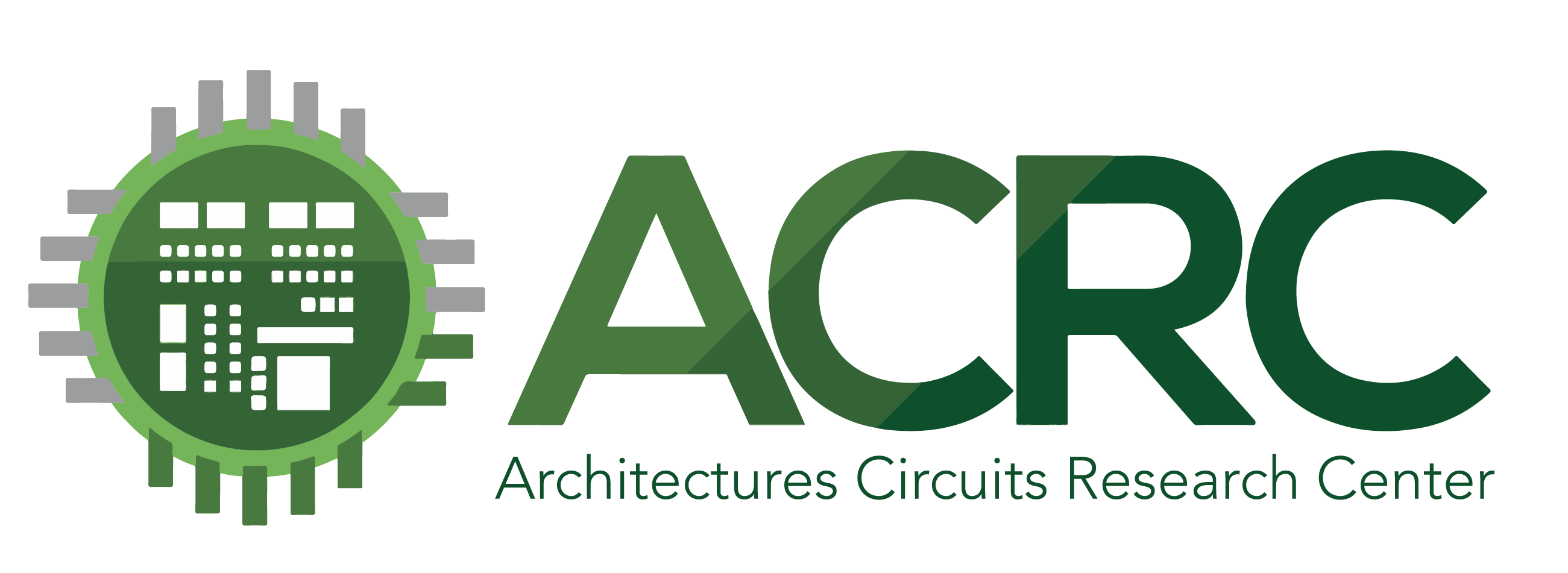Supervisor: Prof. Avinoam Kolodny
Place: Technion, EE Fischbach building, Floor 10 Auditorium 1003
Date: 6-8.9.11
Abstract:
A short intensive course on
Low-Voltage Analog CMOS Design
in scaled CMOS technology Circuit

Prof. Andrea Baschirotto, Milan-Bicocca University
Dates: 6-8 September 2011
Location: Department of electrical engineering, Auditorium floor 10
Technion, Haifa, Israel
This course will cover the design of mixed-signal integrated circuits to be implemented in scaled CMOS technology, i.e. with device size smaller than 90nm.
The course will start with the description of MOS transistor behavior in scaled technologies, showing that analog performance metrics are typically worse than in longer minimum-size process. Nonetheless, the course will show circuit and system solutions enabling the design of high performance devices in scaled technologies.
Tuesday:
08:30-10:00, 10:30-12:00 Basic CMOS operation, CMOS technology scaling trends
13:30-15:00, 15:30-17:00 CMOS technology scaling trends (cont.), Low voltage (LV) operation – LV at transistor Level
Wednesday:
08:30-10:00, 10:30-12:00LV at circuit level (Opamp design, Basic bandgap design)
13:30-15:00, 15:30-17:00LV at system level (Analog CT filters)
Thursday
08:30-10:00, 10:30-12:00LV at system level (Analog CT filters – cont., SC circuits)
13:30-15:00, 15:30-17:00 LV at system level (A/D Converters)
The seminar is free of charge to ACRC members, Intel, Marvell, Mellanox, Zoran.Others will be charged 1500 Shekels+VAT for participating in the seminar.
The seminar is open free of charge for EE students (undergraduate and graduate).
Prof. Andrea Baschirotto, Milan-Bicocca University
Short biography
Those of you who have not registered in our newsletter list, and are interested in getting emails from the ACRC, please register in Newsletter site.
Andrea Baschirotto graduated in Electronic Engineering (summa cum laude) from the University of Pavia in 1989. In 1994, he received the Ph.D. degree in electronics engineering from the University of Pavia.
In 1994, he joined the Department of Electronics, University of Pavia, as a Researcher (Assistant Professor).
In 1998, he joined the Department of Innovation Engineering, University of Lecce, Italy, as an Associate Professor.
In 2007, he joined the Department of Physics, University of Milan-Bicocca, Italy, as an Associate Professor.
Andrea Baschirotto has a long-term experience in microelectronics for what concerns teaching, researching, and industrial designing.
He is teaching regular Academic courses since 1997. He organized the full educational courses for Electronics Engineering (Bachelor, Master, and Ph.D.) at University of Lecce. He uses to give industrial courses since 1996 (in Bosch, STMicroelectronics, ITC-IRST, Conexant, Mikron, etc…). He is a speaker at the MEAD Summer courses held at EPFL (Lausanne – Switzerland). He uses to give short courses or tutorial at the most important conferences (ISSCC, ISCAS, PRIME).
About his research activity, he founded and he is leading the Microelectronics Group at University of Lecce, which is collaborating with several companies and research institutions (IMEC, Infineon, University of Pavia, RFDomus, STMicroelectronics, etc….). His main research interests are in the design of CMOS mixed analog/digital integrated circuits, in particular for low-power and/or high-speed signal processing. He participated to several research collaborations, also funded by National and European projects. He is/has been responsible of some National and Regional projects for the design of ASIC. Since 1989, he also personally collaborated with several companies on the design of mixed signals ASICs, like STMicroelectronics, Mikron, ACCO, ITC-IRST, RFDomus (now GloNav), Conexant, etc….
He has authored or co-authored more than 190 papers in international journals and presentations at international conferences, 6 book chapters, and holds 25 USA patents. In addition, he has co-authored more than 120 papers within research collaborations on high-energy physics experiments.
Andrea Baschirotto was Associate Editor IEEE Trans. Circuits Syst. – Part II for the period 2000-2003, and he is now serving IEEE Trans. Circuits Syst. – Part I as an Associate Editor. He has been the Technical Program Committee Chairman for ESSCIRC 2002 and he was the Guest Editor for the IEEE JSSC for ESSCIRC 2003 and ESSCIRC2007. He was the General Chair of IEEE-PRIME2006 and AACD2008.
He is the member of the Technical Program Committee of several international conferences (ISSCC, ESSCIRC, DATE, etc..). He is serving since several years the ESSCIRC TPC as Data Converter Subcommittee Chairman. He has been the secretary of the European Committee of ISSCC Technical Program Committee. He is an IEEE Senior member. He is the founder and the Chairman of the IEEE Solid-State Circuit Society Italian Chapter.







